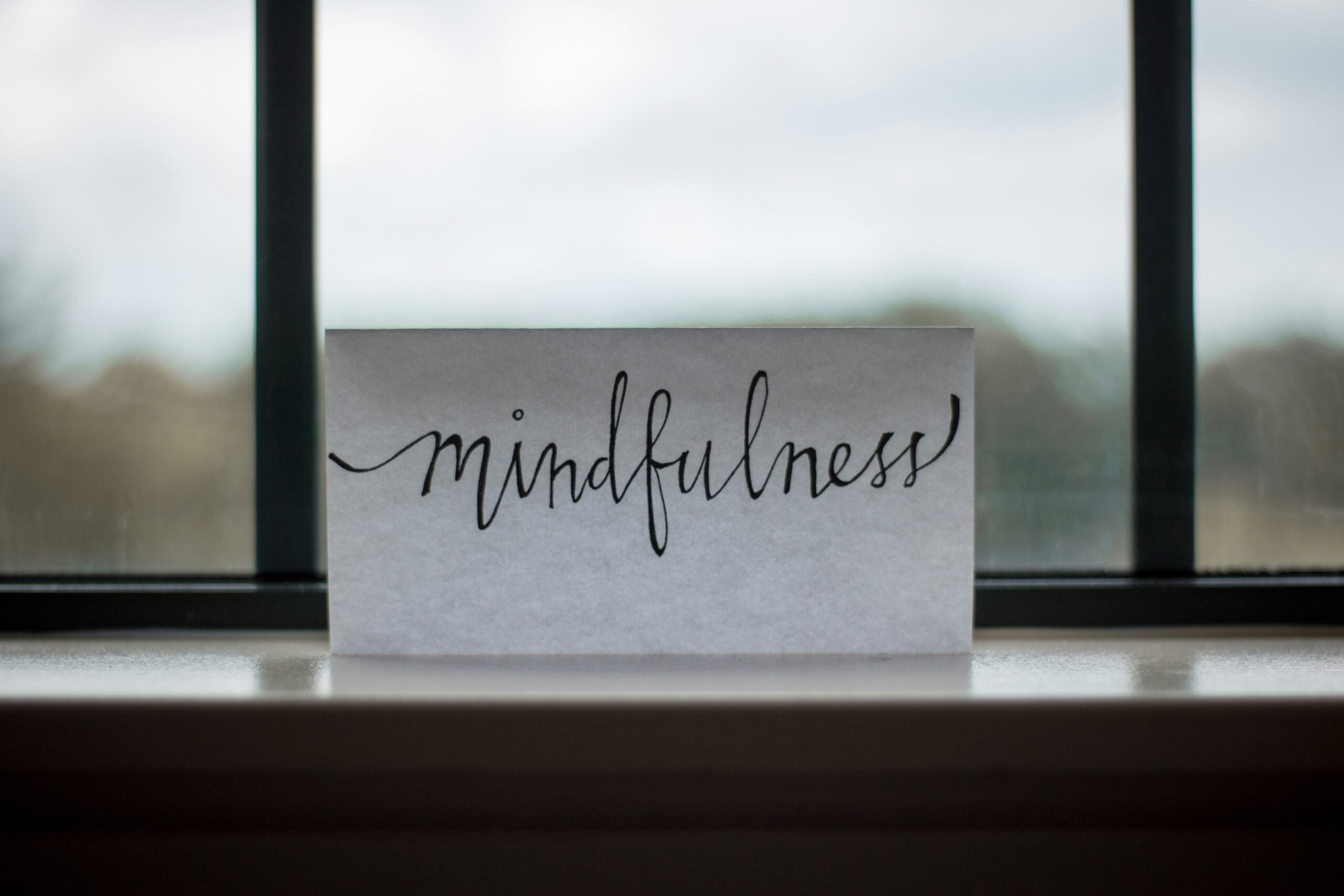Understanding the Concept of a Perfect Mind
The concept of a ‘perfect mind’ has fascinated human beings for centuries, offering a compelling vision of mental clarity, balance, and overall well-being. Historically, this ideal has been explored by various cultures and philosophical traditions, each providing unique insights into what constitutes mental perfection. Ancient Greek philosophers, for example, espoused the notion of ‘eudaimonia,’ a state of flourishing achieved through virtuous living and rational thought. Similarly, Eastern philosophies like Buddhism emphasize the importance of mental clarity and emotional equilibrium, advocating practices such as meditation to attain a balanced mind.
In the modern context, the pursuit of a perfect mind encompasses several key components. Emotional stability is paramount, involving the ability to manage and respond to emotions in a healthy manner. This aspect is closely linked to mental resilience, the capacity to recover from stress and adversity. Cognitive sharpness, another critical element, refers to the ability to think clearly, make decisions, and solve problems effectively. Together, these components form a holistic view of mental perfection that is both aspirational and attainable.
Understanding these elements allows individuals to conceptualize what it means to strive for a perfect mind. Emotional stability can be nurtured through mindfulness and emotional regulation techniques, while cognitive sharpness can be enhanced by engaging in mentally stimulating activities and lifelong learning. Mental resilience, on the other hand, can be developed through coping strategies and a supportive social network.
In essence, the pursuit of a perfect mind is not about achieving an unattainable ideal but rather about continuous improvement and balance. By integrating historical wisdom with contemporary understanding, individuals can work towards mental clarity and balance, thereby enhancing their overall quality of life.
Practical Strategies for Achieving Mental Clarity and Balance
Achieving mental clarity and balance is a multifaceted endeavor that requires a holistic approach. One of the cornerstone practices is mindfulness meditation. This technique involves focusing on the present moment and cultivating a state of awareness and acceptance. Regular practice of mindfulness meditation can significantly reduce stress, enhance concentration, and promote a sense of inner peace. Even dedicating just 10 minutes a day can make a substantial difference.
Another critical component is regular physical exercise. Engaging in activities such as walking, running, or yoga can improve mood, boost cognitive function, and reduce anxiety. Exercise releases endorphins, often referred to as the brain’s “feel-good” chemicals, which play a pivotal role in enhancing mental well-being.
Proper nutrition is equally important. A balanced diet rich in fruits, vegetables, whole grains, and lean proteins can provide the necessary nutrients for optimal brain function. Omega-3 fatty acids, found in fish and flaxseeds, are particularly beneficial for cognitive health. Staying hydrated and limiting the intake of processed foods, caffeine, and sugar can also contribute to better mental clarity.
Adequate sleep is another essential factor. Quality sleep allows the brain to process information, consolidate memories, and rejuvenate. Establishing a consistent sleep schedule, creating a restful environment, and avoiding screens before bedtime can improve sleep quality and, consequently, mental clarity.
In addition to these physical practices, setting realistic goals is crucial. Break down larger tasks into manageable steps, and celebrate small achievements along the way. This approach can prevent feelings of overwhelm and foster a sense of accomplishment.
Maintaining a positive mindset is also vital. Practice gratitude, challenge negative thoughts, and surround yourself with supportive individuals. A positive outlook can enhance resilience and improve overall mental health.
Lastly, do not hesitate to seek professional help when necessary. Therapists, counselors, and mental health professionals can provide guidance and support tailored to your specific needs. By integrating these strategies into your daily routine, you can enhance your mental clarity and achieve a balanced state of mind.

